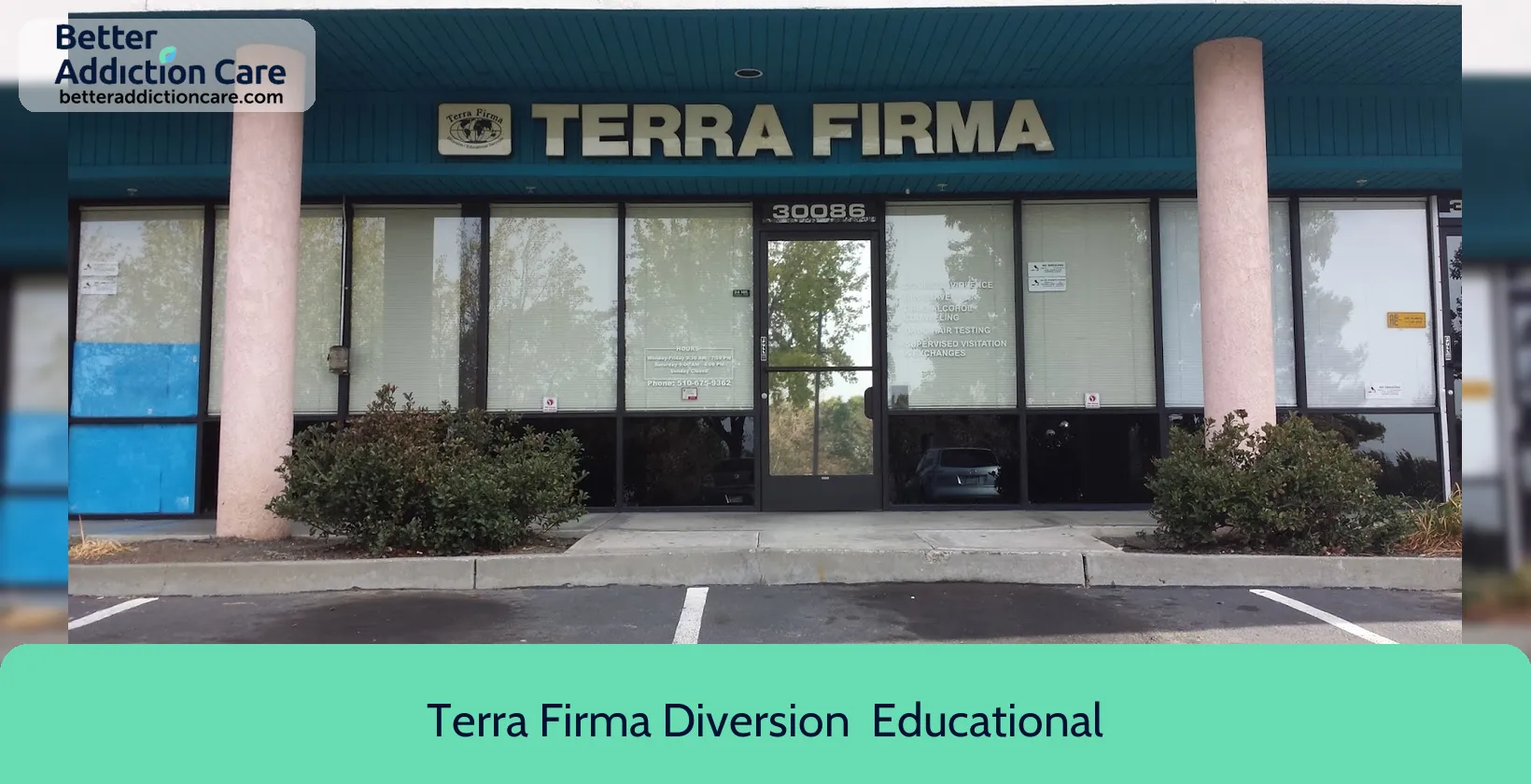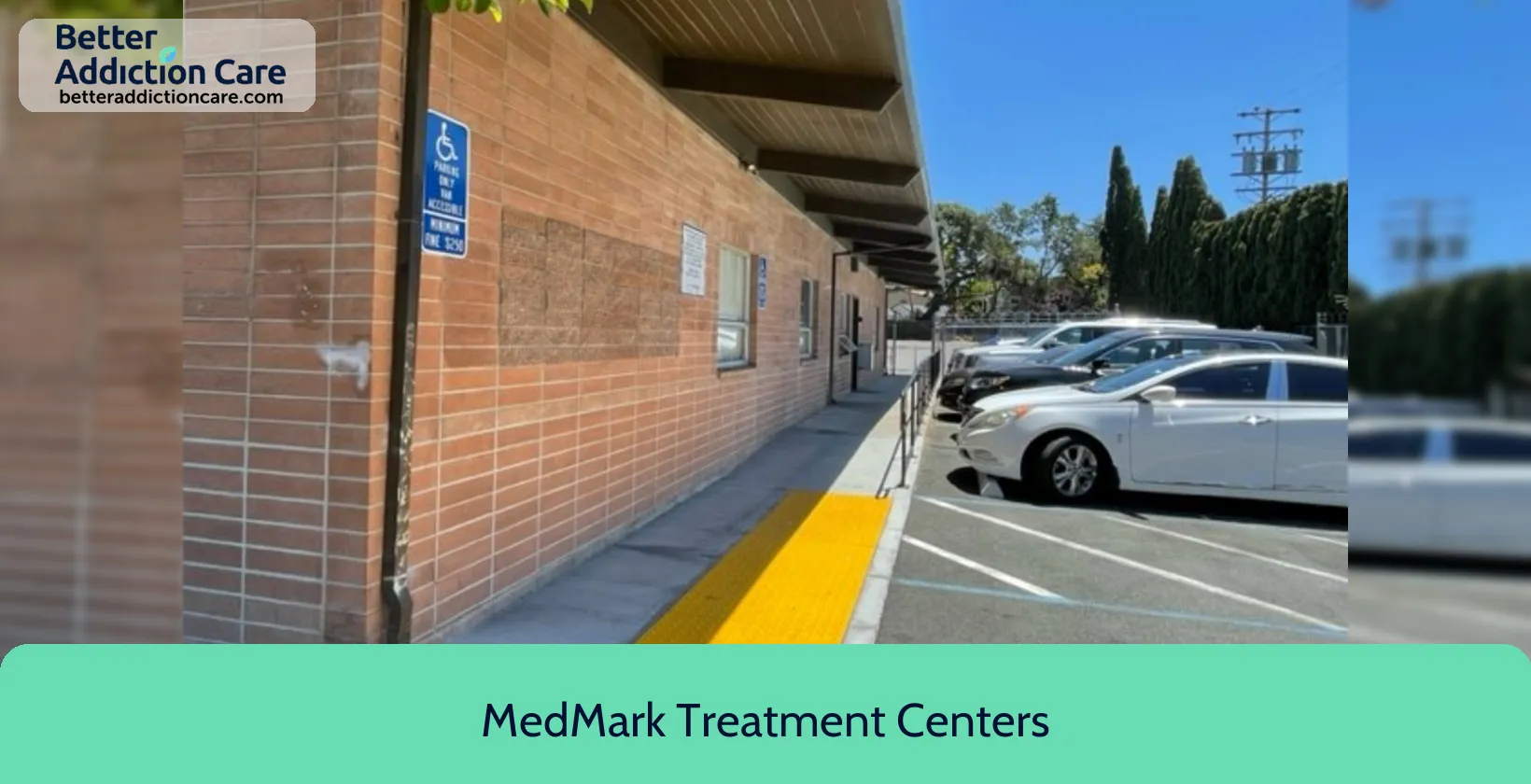Second Chance - Hayward Recovery Center

Overview
Second Chance - Hayward Recovery Center is an substance abuse treatment center that provides outpatient detoxification, for men and women from 18+ years of age. As part of their special programs, Second Chance - Hayward Recovery Center To help patients achieve sobriety, Second Chance - Hayward Recovery Center provides intake assessments. Afterward, patients receive group counseling, individual psychotherapy, and family counseling during treatment. Second Chance - Hayward Recovery Center is located in Hayward, California, providing treatment for people in Alameda County, accepting payment assistance (check with facility for details), sliding fee scale (fee is based on income and other factors), and no payment accepted.
Second Chance - Hayward Recovery Center at a Glance
Payment Options
- Payment assistance (check with facility for details)
- Sliding fee scale (fee is based on income and other factors)
- No payment accepted
Assessments
- Comprehensive mental health assessment
- Comprehensive substance use assessment
Age Groups
- Adults
- Young adults
Operation
- Private for-profit organization
Highlights About Second Chance - Hayward Recovery Center
6.56/10
With an overall rating of 6.56/10, this facility has following balanced range of services. Alcohol Rehabilitation: 8.00/10, Drug Rehab and Detox: 6.00/10, Insurance and Payments: 6.00/10, Treatment Options: 6.24/10.-
Alcohol Rehabilitation 8.00
-
Treatment Options 6.24
-
Drug Rehab and Detox 6.00
-
Insurance and Payments 6.00
Treatment At Second Chance - Hayward Recovery Center
Treatment Conditions
- Mental health treatment
- Alcoholism
- Opioid Addiction
- Substance use treatment
- Co-occurring Disorders
Care Levels
- Intensive outpatient treatment
- Detoxification
- Outpatient
Treatment Modalities
- Group counseling
- Individual psychotherapy
- Family counseling
Get Help Now
Common Questions About Second Chance - Hayward Recovery Center
Contact Information
Other Facilities in Hayward

6.59

6.59

6.85
DISCLAIMER: The facility name, logo and brand are the property and registered trademarks of MedMark Treatment Centers, and are being used for identification and informational purposes only. Use of these names, logos and brands shall not imply endorsement. BetterAddictionCare.com is not affiliated with or sponsored by MedMark Treatment Centers.
